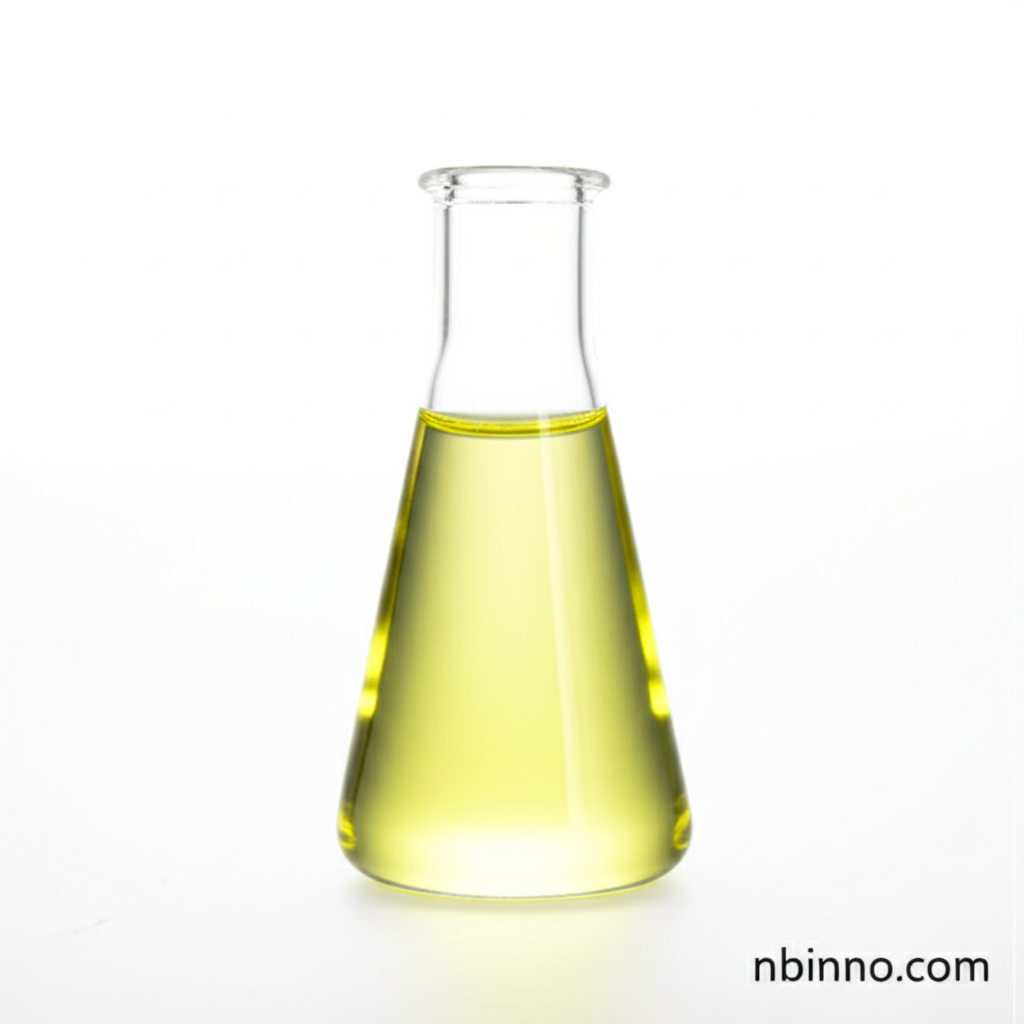Heptanoic Acid (CAS 111-14-8): A Versatile C7 Fatty Acid for Industrial and Chemical Applications
Discover the essential properties and diverse applications of Heptanoic Acid, a key organic intermediate.
Get a Quote & SampleProduct Core Value

Heptanoic Acid
Heptanoic Acid, also known as enanthic acid, is a seven-carbon straight-chain fatty acid with the CAS number 111-14-8. It presents as a colorless to light yellow oily liquid with a distinctive, often described as unpleasant or rancid, odor. This compound is pivotal as a chemical intermediate in organic synthesis, serving as a fundamental raw material for a wide array of valuable products across multiple industries.
- Heptanoic Acid: A Key Chemical Intermediate This fatty acid is crucial for the synthesis of various compounds, making it a versatile ingredient in chemical manufacturing processes.
- Applications in Flavors and Fragrances As a raw material for spices and flavorings, its esters, such as ethyl heptanoate, contribute to desirable fruity notes, making it valuable for the food and fragrance industries.
- Role in Pharmaceutical Synthesis Heptanoic Acid acts as an intermediate in the production of certain pharmaceuticals, including the esterification of anabolic steroids, highlighting its importance in the healthcare sector.
- Lubricant and Plasticizer Production Its utility extends to the creation of lubricants and plasticizers, where its properties enhance performance and stability in various industrial applications.
Advantages Offered by Heptanoic Acid
Versatile Chemical Building Block
The structural characteristics of Heptanoic Acid make it an excellent organic building block, enabling the synthesis of diverse chemical compounds for various industrial uses.
Sourced from Renewable Resources
Often derived from castor oil, Heptanoic Acid offers a bio-based and sustainable alternative, aligning with the growing demand for environmentally friendly chemical solutions.
Enhances Product Performance
Whether used in lubricants, plasticizers, or flavor formulations, Heptanoic Acid contributes to improved product performance and desirable sensory characteristics.
Key Applications
Spices and Flavors
Heptanoic Acid is a vital raw material for producing esters used as artificial flavors, contributing fruity notes to various food products.
Pharmaceutical Intermediates
It serves as a precursor in the synthesis of medicinal compounds, particularly for esterifying steroids used in pharmaceuticals.
Lubricants and Plasticizers
The chemical is instrumental in manufacturing high-performance lubricants and plasticizers, essential for industrial machinery and polymer applications.
Cosmetics and Personal Care
Heptanoic acid and its derivatives are utilized in cosmetic formulations for their emollient and skin-conditioning properties.
